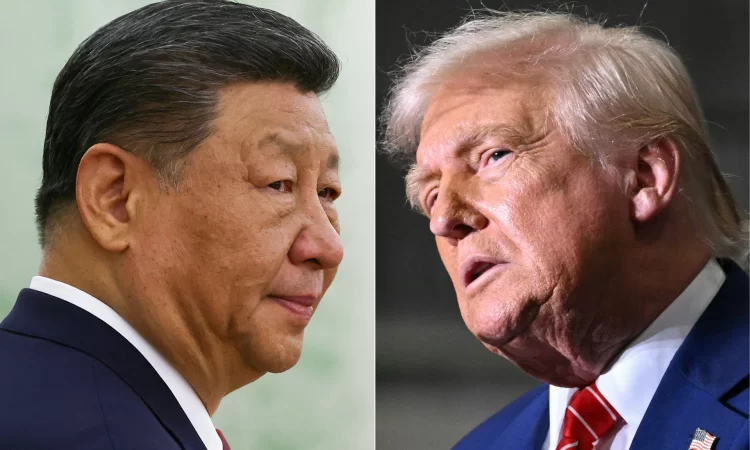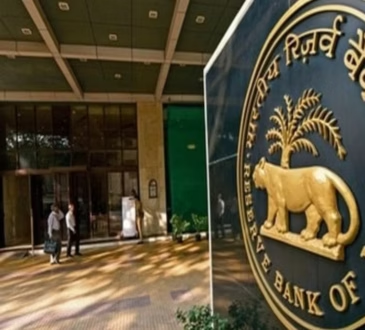
Trump tariff moves following China rare-earths export controls ripple through markets
[SINGAPORE] Selling hit Asia-Pacific markets on Monday (Oct 13) following the latest salvo in the trade war between the US and China.
Singapore’s Straits Times Index fell around 1 per cent as at 9.48 am, while Hong Kong’s Hang Seng Index slumped 2.4 per cent at the open before declining to trade about 2 per cent down. In mainland China, the Shanghai Stock Exchange Composite Index plummeted 3.3 per cent as at 9.45 am, while the CSI300 tumbled 4.5 per cent.
South Korea’s Kospi was down as much as 1.5 per cent as at 9.35 am in the country before paring some losses to be 1.2 per cent lower as at 10.15 am. Australia’s ASX 200 fell 0.6 per cent as at 11.15 am Sydney time.
Markets in Japan are closed due to a holiday.
US President Donald Trump on Oct 11 said that he would impose a fresh 100 per cent tariff on China, on top of existing levies, and export controls on “any and all critical software” starting from Nov 1. This came after an Oct 10 threat of trade action against China in response to “hostile” export controls Beijing placed on rare-earth minerals.
Beijing on Oct 12 said it will retaliate if Trump does not back down, according to state news agency Xinhua.
BT in your inbox

Start and end each day with the latest news stories and analyses delivered straight to your inbox.
Trump’s planned tariffs will see import taxes on Chinese goods rise to 130 per cent from 30 per cent, slightly under the 145 per cent level imposed earlier this year that was later reduced.
Trump later posted a statement on his social media platform Truth Social that hinted Chinese President Xi Jinping might have a way to back down and suggested that a full trade war would hurt China.
Citi analysts on Monday suggested that stock volatility should be lower than during the US reciprocal tariffs in the second quarter of 2025 “because the new tariff only applies to exporters directly exporting to the US from China”.
However, they said they were “unsure” on how long such volatility could last.
Conversely, Morningstar’s Asia equity market strategist Kai Wang said the looming threat “could be short-lived” and offered investors a chance to buy China stocks at a relative discount.
“Both sides appeared to be posturing ahead of their November 1 meeting when the tariff truce is set to expire,” said Wang. “China has now softened its tone, clarifying at a news conference on Sunday that the export control does not mean a ban but rather requiring further permission.”
He added that the US government shutdown is also increasingly dampening consumer sentiment in the US, which implies Trump will want to avoid re-escalating foreign policy issues without solving the domestic shutdown first.
“Riskier assets such as Bitcoin and Nasdaq futures are also up 4 and 2 per cent, respectively, since the US market close on Friday, while S&P futures were up 1.3 per cent as at 10 am Hong Kong Time, suggesting that investor sentiment remains positive,” said Wang.




